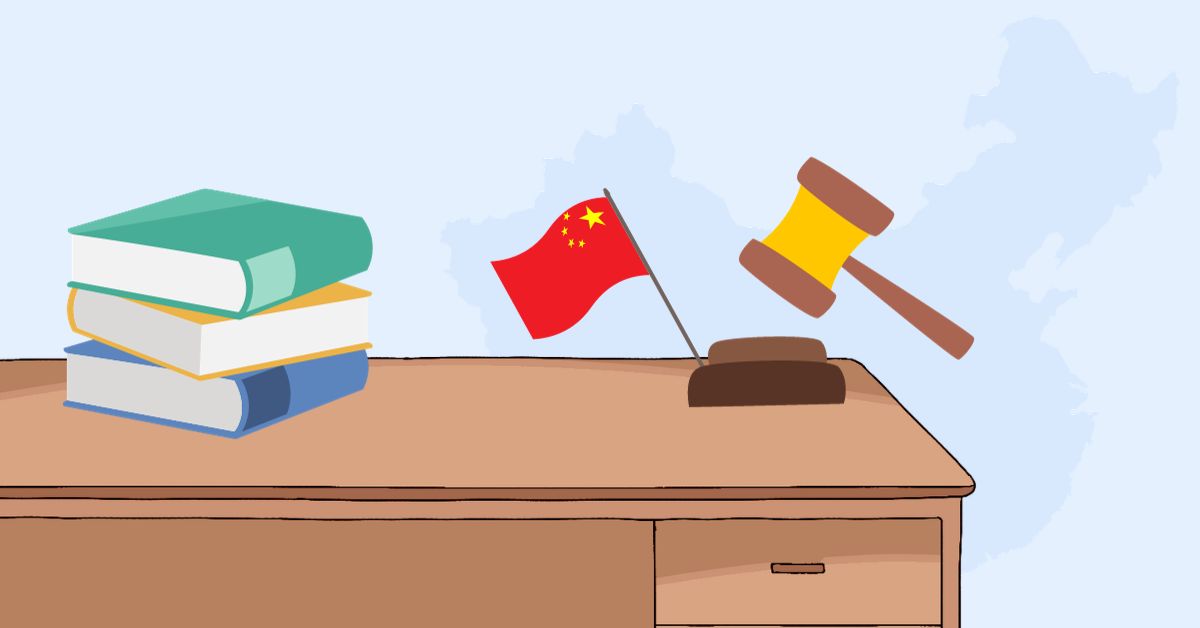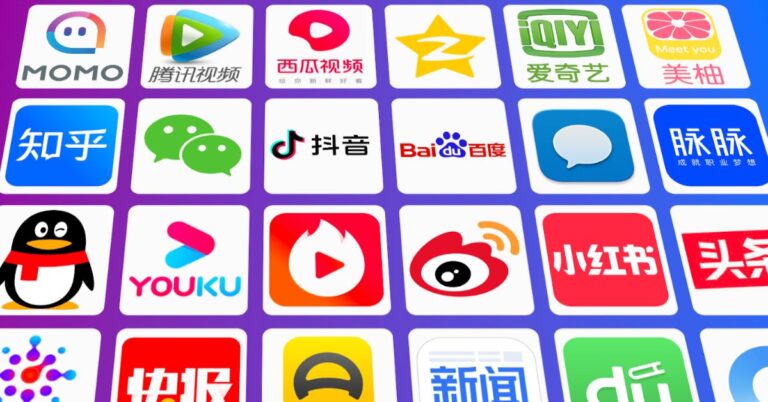
Understanding China’s Advertising Regulations: A Guide for Marketers
In China, effective brand communication goes beyond mere content. It is crucial to have a comprehensive understanding of how your brand’s advertisements will be perceived by both Chinese consumers and the government. By navigating China’s advertising laws, you can ensure that your advertising campaigns comply with regulations and resonate with the target audience.
China’s advertising landscape is governed by the Advertisement Law of the People’s Republic of China. This law, formulated to regulate advertising activities and promote the sound development of the advertising business, provides guidelines and principles that advertisers, advertising agents, and advertisement publishers must adhere to.
To help marketers navigate China’s advertising regulations, the Chinese government introduced updates to the advertising law in September 2015. These updates prioritize the protection of citizens’ interests, health, and safety and include the addition of 26 advertising guidelines to the existing 49 laws. Staying informed and up-to-date with these laws and regulations is essential for seamless and successful advertising in the Chinese market.
The Advertising Law was further revised in April 2021, bringing about significant changes that marketers need to be aware of. These updates have introduced important modifications to the regulations. Here’s an overview of the key updates:
Higher Fines & Expanded Scope
The new advertising law stipulates that the penalty for using extreme language, such as terms like national, world, highest, best, largest, first, etc., is a fine of 200,000 yuan. Additionally, vocabulary with superstitious or sexual references is not acceptable.
KOL/Spokesperson Responsibility
Under the new law, advertising spokespersons are now held legally responsible for the content of the advertisements they endorse. They must base their recommendations and certifications of products and services on facts and comply with the provisions of the Advertising Law and other relevant laws and regulations. Advertising spokespersons are prohibited from recommending or certifying products or services they have not received or used. Furthermore, minors under the age of 10 are not allowed to become advertising spokespersons.
Protecting Minors
The revised advertising law places a strong emphasis on the protection of minors. It is forbidden to send any form of tobacco advertisements to minors, and online game advertisements that are not conducive to the physical and mental health of minors may not be published in mass media targeted at them. Moreover, advertisements targeting minors under the age of fourteen must not contain content that persuades them to ask their parents to purchase the advertised goods or services or encourages them to imitate unsafe behaviors.
Industry-Specific Regulations
The new advertising law includes specific requirements for industries such as:
- Medical
- Pharmaceuticals
- Medical devices
- Health food
- Alcohol
- Education and training
- Real estate
- Finance and banking
Advertisements in these industries must meet industry-specific regulations to ensure consumer safety and compliance.
Given the numerous amendments in the revised Advertising Law, it is crucial for brands to familiarize themselves with the new regulations before creating advertisements. Marketers should also have a solid understanding of the relevant laws to ensure that their clients’ advertisements are legally compliant or to proactively advise advertisers on necessary changes to avoid inadvertently breaking the law.
By adhering to the Advertisement Law of the People’s Republic of China and the specific regulations within your industry, you can navigate China’s advertising landscape effectively. This will not only ensure compliance with the law but also enhance your brand’s reputation and resonate with Chinese consumers.
To learn more about China’s advertising regulations and how to navigate them successfully, you can visit Advertisement Law of the People’s Republic of China. By understanding and following these regulations, you can create impactful and compliant advertising campaigns in the Chinese market.




